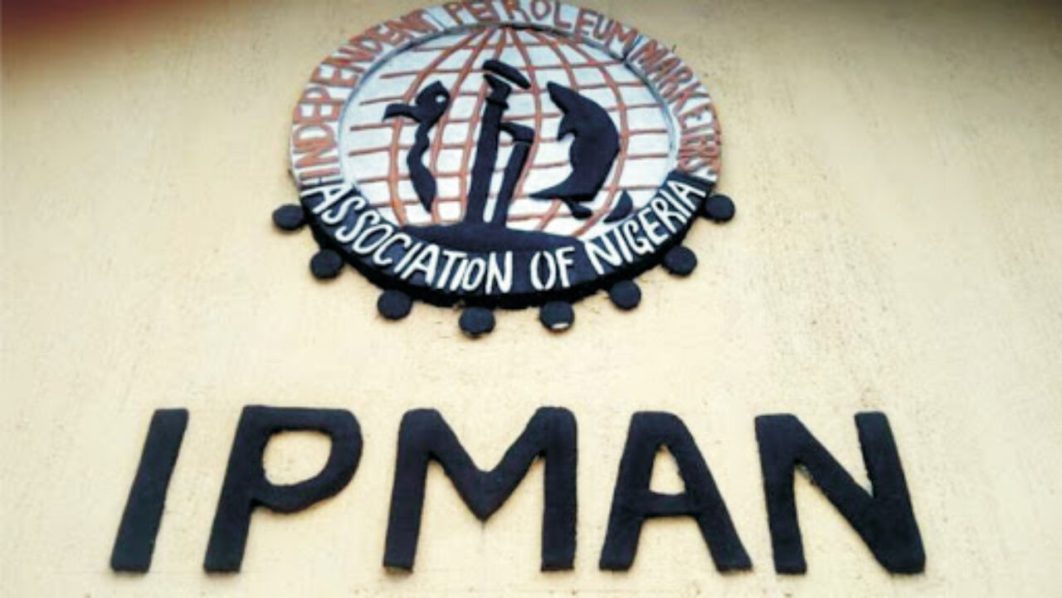
• Oil producers task NUPRC on adherence to PIA
Independent Petroleum Marketers Association of Nigeria (IPMAN), Mosimi Depot, yesterday, blamed the fuel scarcity currently being experienced across the South West states on the refusal of the Nigeria National Petroleum Corporation Limited (NNPCL) management to make petroleum products available to its members, three months after payment.
This was as the Independent Petroleum Producers Group (IPPG) reaffirmed its commitment to national energy security and support for the country’s economic growth by ensuring adequate crude stockfeed for local refiners.
Consequently, IPMAN appealed to the Federal Government and other stakeholders in the industry to urgently prevail on NNPCL to desist from withholding petroleum products from its members, to lessen the hardship being experienced by the citizens.
Speaking against the backdrop of NNPCL’s refusal to make petroleum products available to its members in Abeokuta, Ogun State, Chairman of IPMAN, Mosimi Depot, Femi Adelaja, said his members had, since June this year, made a deposit of N75.142 billion to the corporation for supplies through the Lagos Private Depot Owners (PDO), but NNPCL refused to make the product available to its members.
Adelaja, who lamented the non-receipt of products from NNPCL three months after payment, said the management of the corporation had been using the IPMAN’s deposit to service the interest of major marketers at the detriment of the interest of IPMAN members, whose businesses had been surviving on bank loans.
Accusing NNPCL of deliberately hoarding petroleum products from its members, Adelaja said “it is disheartening that the corporation could be using his members’ deposit to make supplies available to the trio of Total, Oando and Ardova Petroleum, who resell to few of their customers, thereby compelling them to sell at a higher pump price to the public.
IPPG, in a letter to the Chief Executive Officer, Nigerian Upstream Petroleum Regulatory Commission (NUPRC), Gbenga Komolafe, assured that its members were open to doing business with local refineries to boost domestic consumption and uninterrupted availability of products in the country.
But the Chairman of IPPG, Abdulrazak Isa, in the letter sighted by The Guardian, disclosed that IPPG companies had established successful arrangements with domestic refineries based on the willing buyer and willing seller principle, but maintained that the oil producers would do business with local refineries on similar principles as set out in Section 109 of the Petroleum Industry Act (PIA 2021).
Isa, who expressed the concerns of the oil companies with certain recent decisions made by NUPRC, said the domestic crude oil refining requirements and crude oil production forecast for the second half of 2024 announced by the commission, and the request to all producing companies for monthly quotations for crude oil supply to licensed refineries in Nigeria, were among the issues they wanted the regulator to take a second look at.
Although the group commended local refiners for their efforts to increase the refining capacity within Nigeria and noted that IPPG aligned to enhance the petroleum value chain as several of its members already owned and/or were supplying local refineries, it said certain problems NUPRC’s decision created must be addressed.
IPPG said it was aware that its members, which would soon constitute a significant portion of Nigeria’s production base, post the current divestment cycle, had been requested or mandated to allocate crude volumes to the domestic market for the second half of 2024, in line with the Domestic Crude Oil Supply Obligations (DCSO) guideline issued by the NUPRC in an ongoing effort to avoid shortage of supply to domestic refineries.
The chairman asserted, however, that under Nigerian law, “any supply of crude oil to a refinery even under a DCSO umbrella is required to be on a willing buyer and willing seller basis. This is the position of the principal law that cannot be derogated by regulation or guideline.’’






